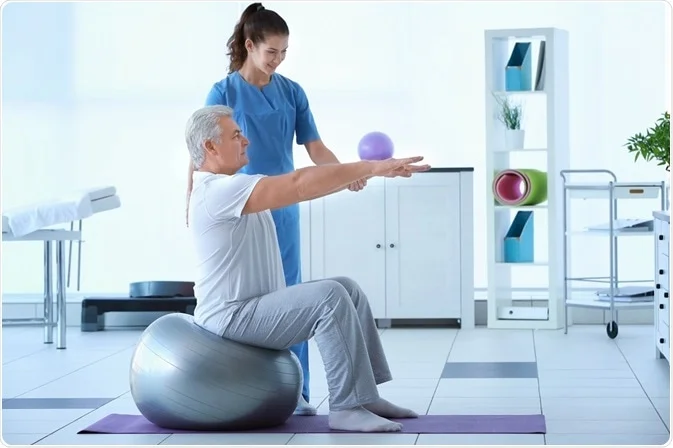Cardio Vascular & Pulmonary
Pulmonary Physiotherapy aims to improve ventilation, facilitate removal of secretions and improve management of shortness of breath for better function. Patients may be seen in the Intensive Care Unit, in the wards and Outpatient clinic. Interventions may include education and correction of breathing techniques, manual therapy such as chest percussion and vibrations to mobilise secretions and caregiver training if required. To ensure compliance, patients will be educated on the respiratory condition, and treatment goals and management plan will be discussed.
It can be beneficial for patients with respiratory conditions such as:
- Restrictive pulmonary disease
- Interstitial lung disease such as idiopathic pulmonary fibrosis
- Neuromuscular disease leading to respiratory disorders
- Kyphosis
- Obesity
- Lung cancer
- Obstructive Pulmonary Disease
- Chronic Obstructive Pulmonary Disease
- Asthma
- Emphysema
- Bronchitis
- Bronchiectasis
Patients whose main problem is identified to be functional decline due to shortness of breath and/or physical fatigue may be recommended to participate in the Pulmonary Rehabilitation Programme.

Exercise Testing
The Exercise Testing service is offered to assess the individual’s cardio-respiratory (aerobic) fitness levels and also suitability for exercise. This will enable the Physiotherapist to prescribe an effective exercise regime and also ensure safety during the exercise sessions.Pulmonary Rehabilitation Program (PRP)
Pulmonary Rehabilitation program provides individualised education, exercise and support to patients with pulmonary diseases:
- Restrictive Pulmonary Disease
- Idiopathic pulmonary fibrosis or other forms of interstitial lung disease
- Neuromuscular disease leading to respiratory disorders
- Kyphoscoliosis
- Obesity
- Lung cancer
Obstructive Pulmonary Disease
- Frozen shoulder
- Chronic obstructive pulmonary disease
- Asthma
- Emphysema
- Bronchitis
- Bronchiectasis
PRP includes the following components:
- Cardiovascular training
- Endurance training
- Muscle strengthening
- Breathing exercise
- Education session
- Goals setting
Benefits of PRP include:
- Improved quality of life
- Reduced exacerbations / hospitalisations / doctor visits
- Improved management of respiratory symptoms especially shortness of breath
- Improved coping strategies for anxiety and disease-related stress
- Increased knowledge about pulmonary disease
- Enhanced exercise tolerance and functional ability

